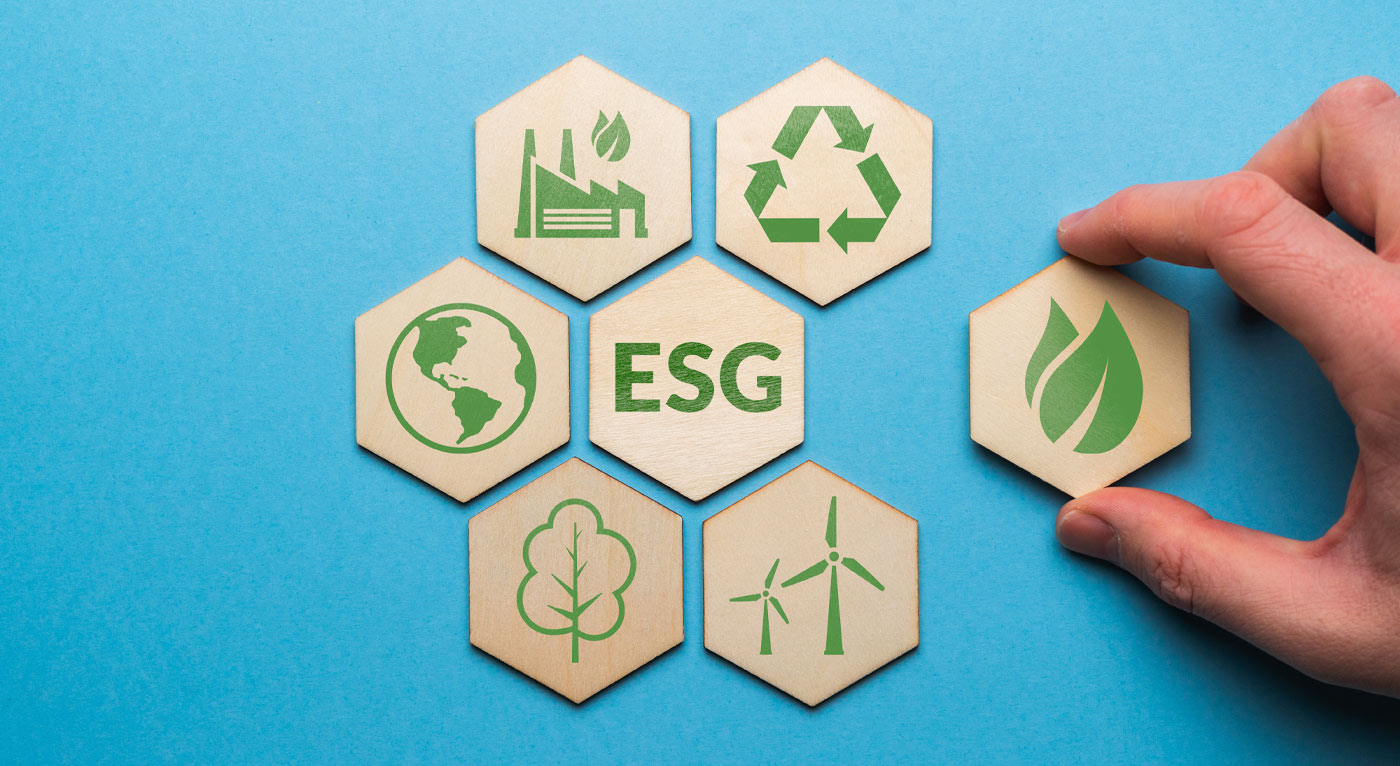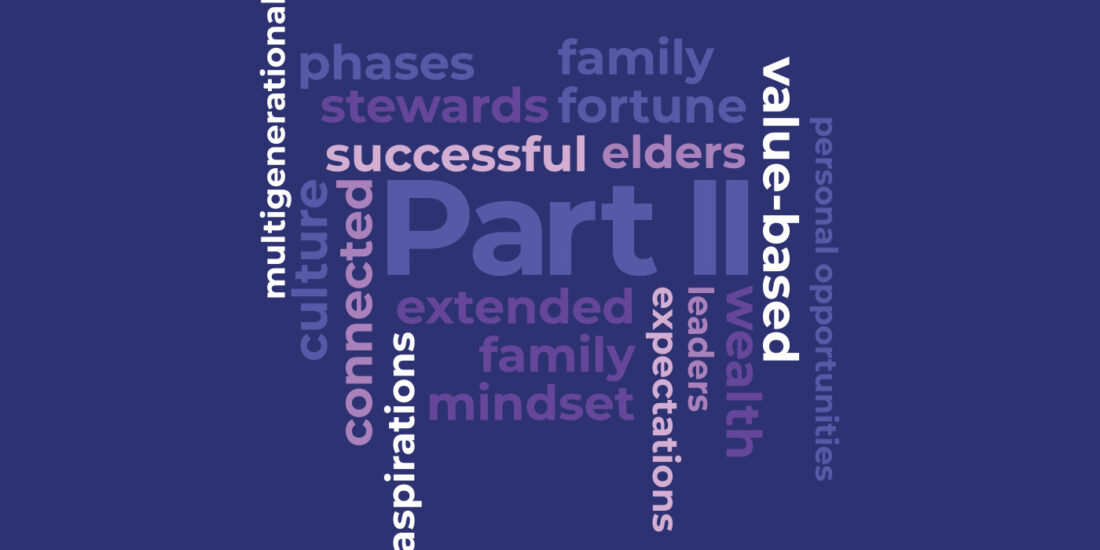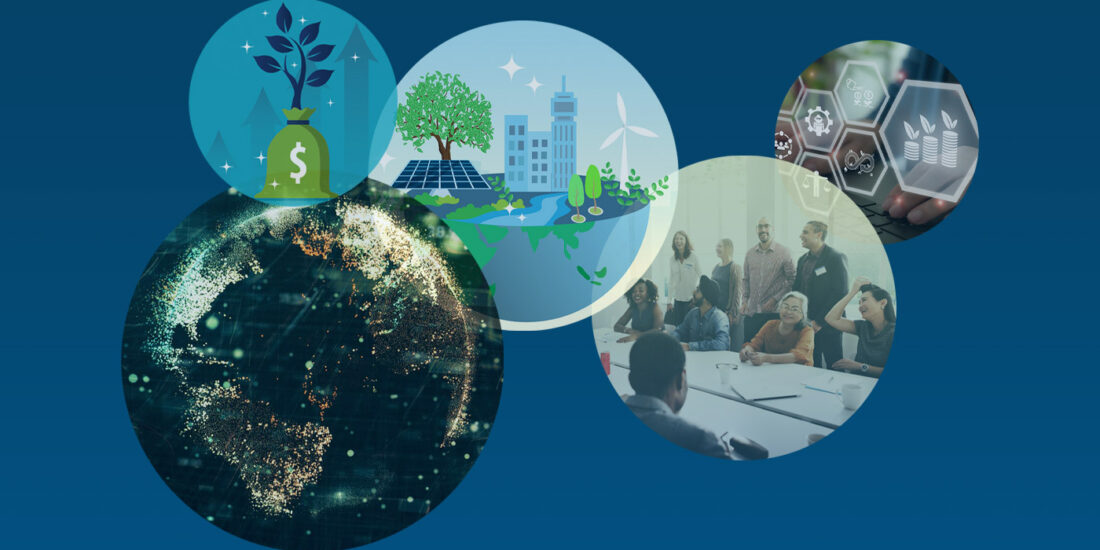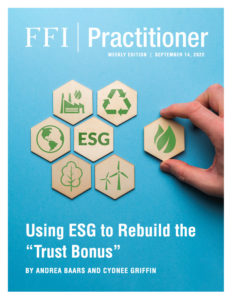
View this edition in our enhanced digital edition format with supporting visual insight and information.
In this week’s FFI Practitioner, Andrea Baars and Cydnee Griffin share findings from PwC’s Global NextGen Survey 2022 on the topic of ESG. The authors explore the implications that these NextGen perspectives have on rebuilding trust in family businesses and explain how advisors could incorporate these findings in their work.
Family enterprises have long benefited from a “trust bonus” over their non-family counterparts, springing from advantages like their deeply held family values, long-term perspective, and close employee relationships.1 But that trust bonus is under threat as never before, at a time when family enterprises must transform to handle sweeping societal and digital change.
According to the latest 2022 Edelman Trust Barometer,2 all of us – including family enterprises and the families that own them – live and work in a world beset by a circle of distrust. Many stakeholders expect business owners and leaders to help break this circle by acting to address the biggest problems facing the planet. What common thread links these problems? They’re all environmental, social, and governance (ESG) issues.
This expectation is a society-wide shift that’s taken all businesses into uncharted territory. The question of whether an organization is actively tackling problems like climate change, plastic pollution, and economic inequality is now central to consumers’ trust and buying decisions. So, businesses are rebalancing their priorities away from solely making a profit to also incorporate having a positive impact.
The Challenge Facing the Next Generation
These changes bring profound implications for family enterprises – and most of all, for their next generation of leaders. Why? As NextGens take the reins, they’ll assume responsibility for protecting and rebuilding the enterprise’s trust bonus. So, the key question is, how can they act as responsible stewards of the family legacy while also being catalysts for much-needed change? The answer touches on all of their roles in the family enterprise, whether as responsible shareholders, competent board members, or visionary leaders. It also has major implications for their skills, education, and succession path.
An Intention-Action Gap on Sustainability is Opening Up
Turning first to skills, the capabilities and strategies that drive business success are changing – and it seems many family enterprises have been slow to react. Research by Family Capital3 finds that the past decade has seen the market value of family enterprises slip below their public company peers. One major reason may be that listed companies are responding to pressure from investors and the public by taking the lead on prioritizing ESG.
However, more positively, PwC research indicates that NextGens understand the problem. Of more than 1,036 NextGens interviewed for PwC’s Global NextGen Survey 2022,4 59% felt their own family enterprise was moving too slowly on sustainability, and 72% of respondents expected to play a role in increasing their family enterprise’s focus on investing in sustainability in the future.
Taken together, all of these findings suggest a gap has opened up between family enterprises’ intentions and action on sustainability—one that’s reducing their trust bonus, and in turn their market value. Going forward, as the ESG revolution5 escalates, the link between delivering business success and achieving environmental and social goals will only strengthen.
Four Steps to Accelerate Delivery on Sustainable Growth
In our view, there are four steps that next-generation family members can take now to close the intention-action gap and prepare to build on the family legacy through sustainable growth. They are:
- Reimagining success in a more sustainable world: With lenders, customers, employees, and the general public demanding faster progress on ESG, members of the rising generation have a responsibility to transform their businesses to fully embrace sustainability. Key to this will be understanding how ESG performance creates or erodes enterprise value. Reassuringly, PwC’s survey confirms that next gen members are prioritizing sustainability: while only 16% of current leaders think increasing the focus on social responsibility and sustainability is a priority, 32% of millennial NextGens and 38% of gen Z NextGens agree on its importance. Profit and purpose are not contractionary anymore—they are in fact complementary!
- Understanding how ESG fosters family wealth: In today’s uncertain world, maintaining family enterprise wealth for future generations is getting harder. Wealth can be built either by increasing the value of the core business, or diversifying and investing through a family office. In our survey, 42% of next gen respondents reported their families have a family office. It is interesting that 43% of those with a family office have a sustainability strategy, versus 37% of those without one. Families with family offices were also more likely to have a written constitution, a succession plan, and clearly defined investment guidelines.
- Challenging traditional skills and education: New qualifications and approaches are needed to prepare the next generation of leaders, including thinking beyond the traditional MBA. Many NextGens are aware of this: 28% reported that the pandemic revealed a need for upskilling and additional education. Yet asked what they needed to learn, most highlighted traditional areas like finance, and only a quarter of respondents said sustainability. More positively, two-thirds believed family enterprises can lead the way in combining sustainable business practices with profitable growth. To make this happen, next-generation members will need new skills. To that end, business schools and networks are now offering many new opportunities to help future leaders think differently about their businesses.
- Forging a new generational contract: When leadership of a family enterprise is transitioning, the current generation must feel sure it will be in safe hands, and everyone must understand what is expected of them. In many ways, the pandemic helped to strengthen the bonds within family enterprises. Our 2022 survey found that 61% of NextGens had a succession plan of some kind in place, while before the pandemic, only 15% had a formal succession plan, and 40% had some type of roadmap. It is important to build on these newly built foundations with a new generational agreement that clarifies the stages and conditions of succession and, more importantly, defines the core values of the family, their mission as family in business, and how these translate into business operations as well as investment plans.
The Message for Family Enterprise Advisors
What does all this mean for family enterprise advisors? Our research confirms there is a gap for family enterprises to close between fine words and concrete action on sustainability – and the NextGen have an opportunity to play a key role. Advisors can help them do this.
The starting point should be to develop and codify the core values for the family as well as a mission statement for the family enterprise that includes a commitment to ESG. Those are often assumed as implicitly understood by the family owners and employees, but if they are not articulated in written form and properly communicated to all stakeholder groups, they are not often recognized or followed.
Currently, these conversations often focus on the business aspects, with questions about “tradeoffs” between profit and purpose, about whether sustainability contributes to profitability and growth, and even about whether it’s just a regulatory compliance issue or a passing fad. All of these perspectives reflect old ways of thinking and ignore the growing connections between sustainability, trust, and growth. To bring the discussion up to date, advisors can shift it into the broader context of the family’s core values and mission.
Sustainability is now a growth driver. It’s hugely beneficial if investments in sustainable activities, business practices, and investments can become a source of identification and pride for all family members – whether involved in the business or not – in turn contributing to family cohesion, confidence, and trust.
Without a clear action plan and greater focus and transparency around sustainability in the business, it’s highly likely that the family’s values and long-term ambitions will be compromised. The result? Further erosion of their business’s trust bonus and competitive advantage – a process already underway in some large family enterprises.
Time to Engage
In recent years, family enterprises worldwide have demonstrated their resilience and long-term perspective in riding out unpredictable change. But the trust that underpinned that success is now at risk. To keep their businesses ahead of the curve, NextGens must think boldly and strategically, while putting sustainability at the core. Based on our experience in working together with almost 1,000 NextGens around the world, they appreciate mentors who can help them engage with the current leaders to create a resilient and dynamic future where family enterprises reclaim their trust bonus. The outcome? A win-win for the family, the business – and the advisor in their role as mentor.
References
1 See “The Family Business Paradox: A review of the Edelman TRUST BAROMETER Special Report: Family Business.” FFI Practitioner. https://digital.ffi.org/editions/the-family-business-paradox-a-review-of-the-edelman-trust-barometer-special-report-family-business/
2 Edelman. (n.d.) Edelman Trust Barometer 2022. https://www.edelman.com/sites/g/files/aatuss191/files/2022-01/2022%20Edelman%20Trust%20Barometer%20FINAL_Jan25.pdf
3 Bain, D. (2021, September 16). Family businesses fall behind non-family companies on ESG and lose their trust premium. Family Capital. https://www.famcap.com/2021/09/exclusive-research-family-businesses-fall-behind-non-family-companies-on-esg-and-lose-their-trust-premium/
4 Englisch, P., Baars, A., & Griffin, C. (2022). Today and Beyond: The next generation challenges the status quo of family business. PwC’s Global NextGen Survey 2022. PwC. https://www.pwc.com/gx/en/next-gen-survey/downloads/pwc-next-gen-survey-2022.pdf
5 Gassmann, P., Herman, C., & Kelly, C. (2021, June 15). Are you ready for the ESG revolution? PwC. https://www.pwc.com/gx/en/issues/esg/esg-revolution.html
About the Contributors
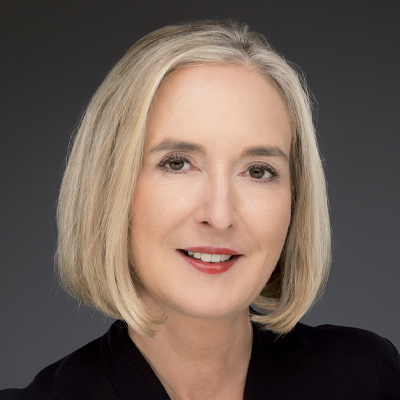
Andrea Baars, MBA, ACFBA/ACFWA, is NextGen Program Lead in PwC’s Global Entrepreneurial and Private Business team. She has 15 years of experience in developing, mentoring, and advising about 1,000 next-generation members in family enterprises from around the world. Andrea co-invented the NextGen Academy concept together with the University of St. Gallen, Switzerland, which is now part of the PwC NextGen suite of offerings. She is a certified trainer in social styles and supports her clients in their leadership development by interacting with teams and family members effectively. She can be reached at andrea.baars@pwc.com.

Cydnee Griffin, CFBA/CFWA, joined PwC’s Global Entrepreneurial and Private Business team five years ago. As Family Business and NextGen Program Manager, she drives annual thought leadership pieces and flagship family enterprise and next-generation initiatives, such as the Global PwC NextGen Network and its exclusive platform, which accommodates about 2,500 next-generation members from 68 countries. She can be reached at cydnee.griffin@pwc.com.

View this edition in our enhanced digital edition format with supporting visual insight and information.


